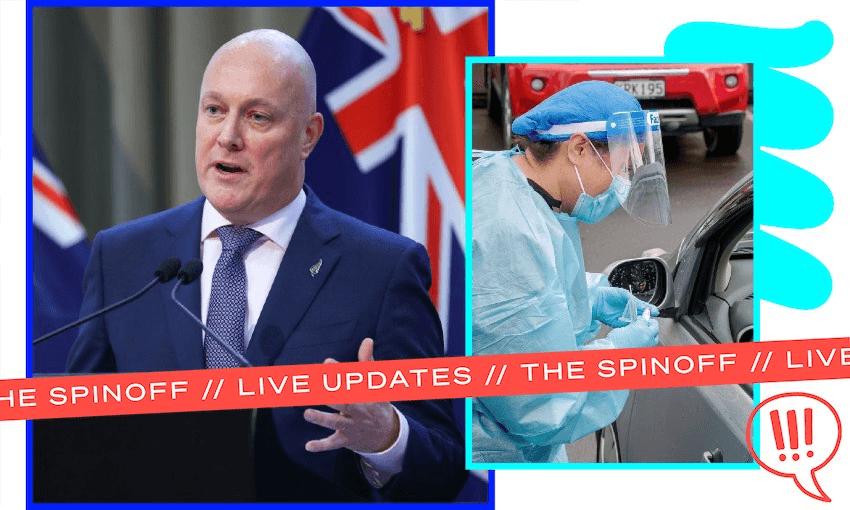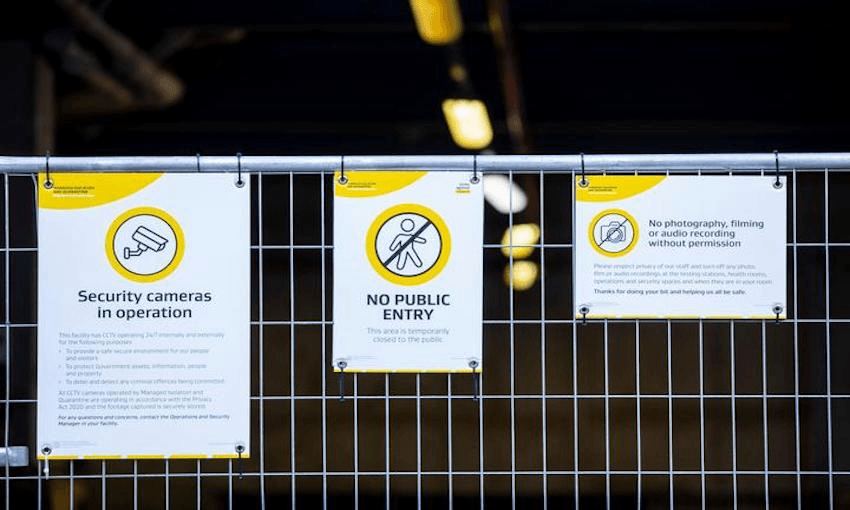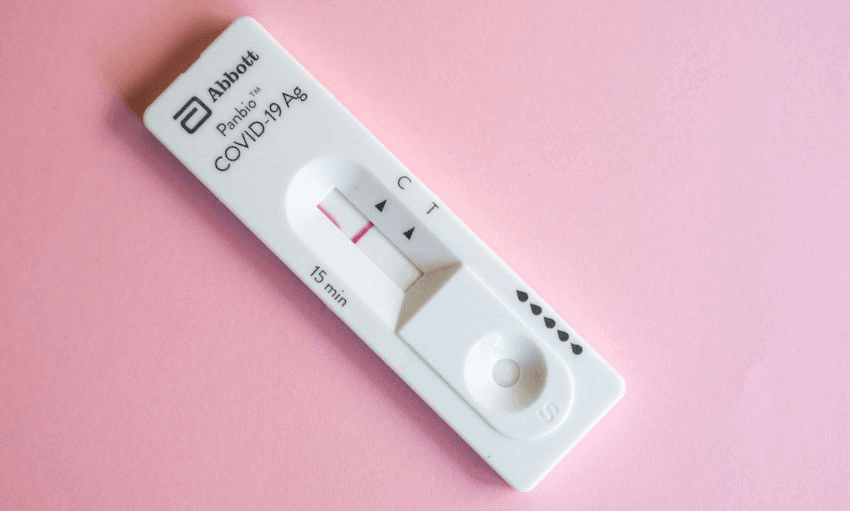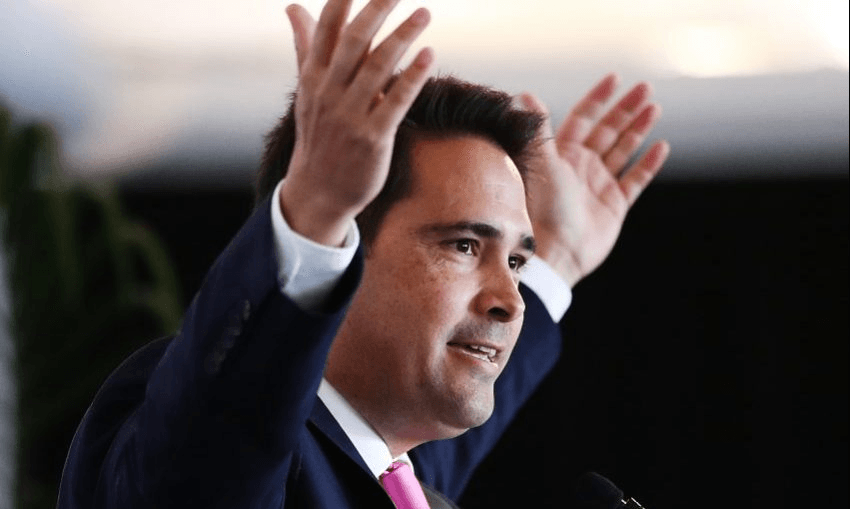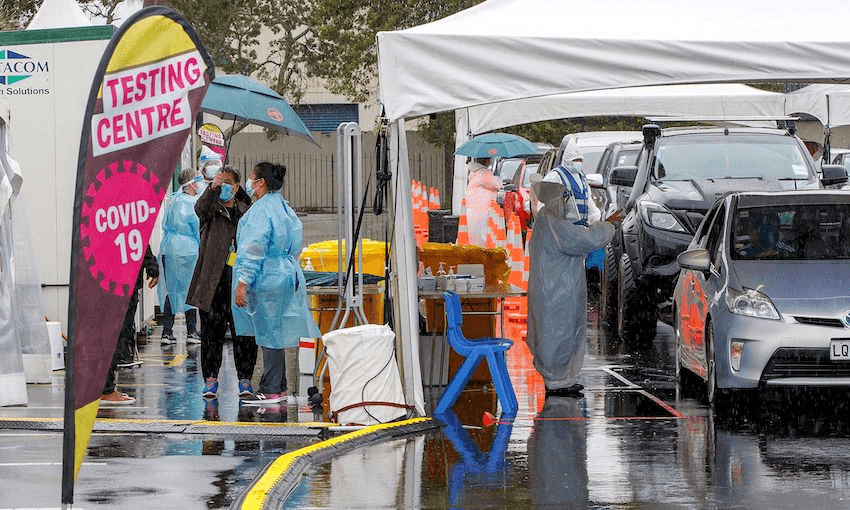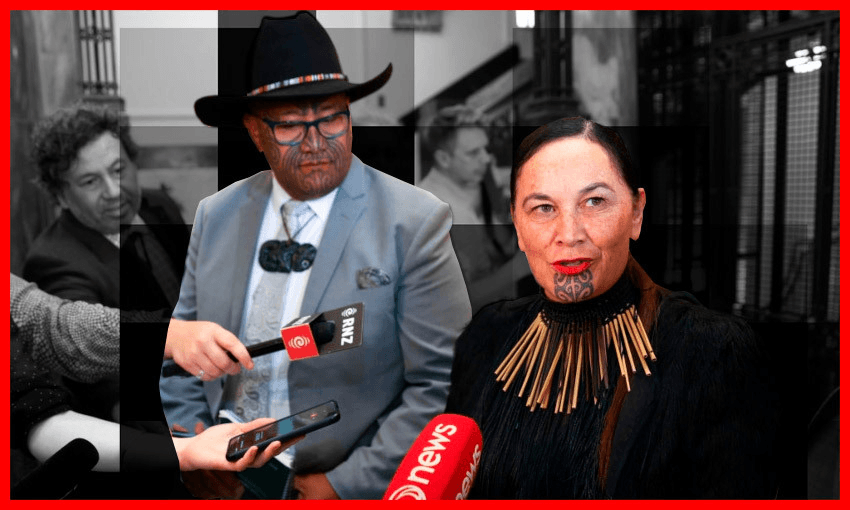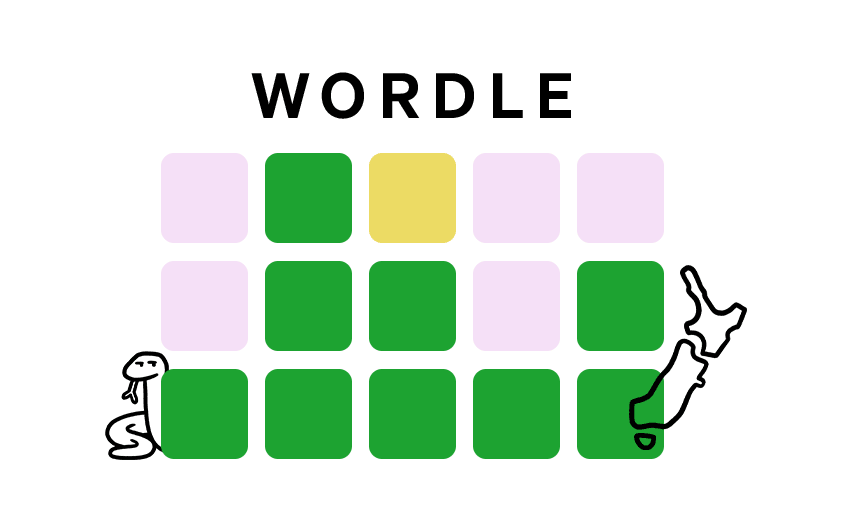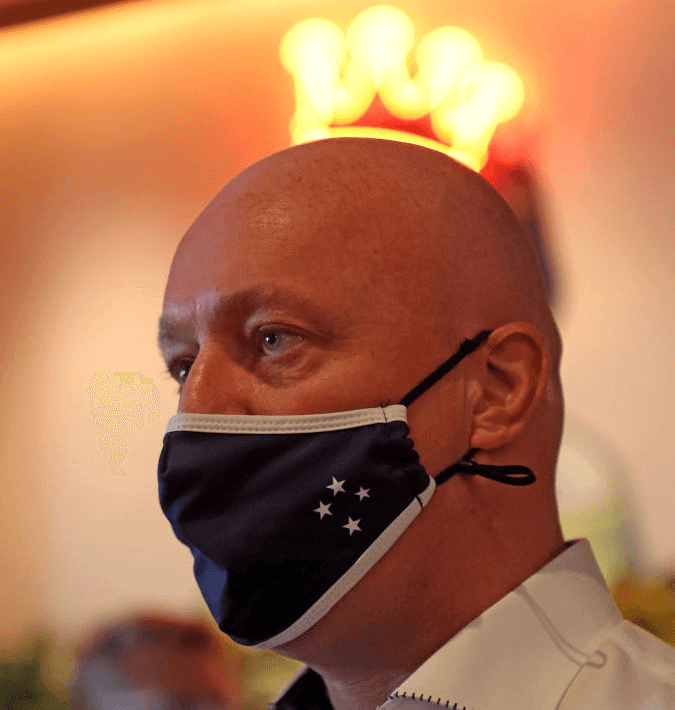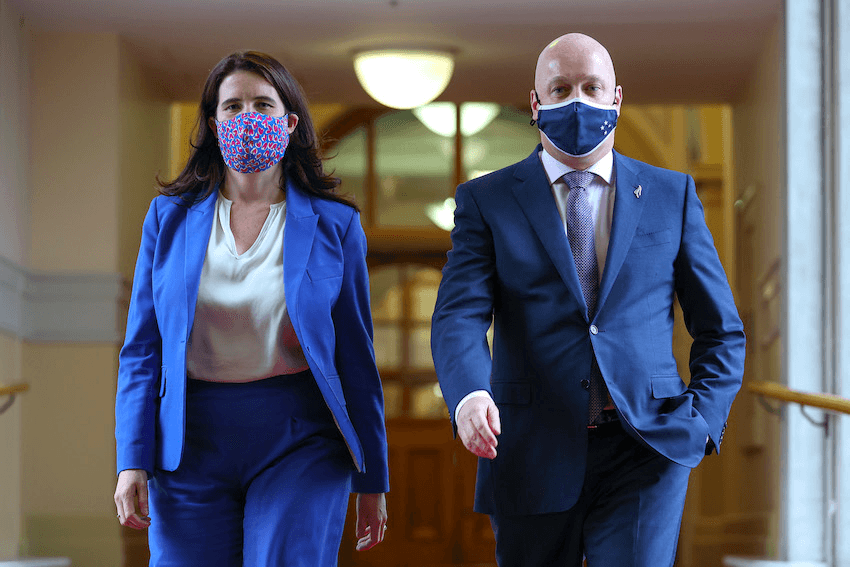There are 126 new community cases of Covid-19 today across the country, with 11 regions reporting new infections.
The Ministry of Health has confirmed cases in Northland, Auckland, Waikato, Lakes, Bay of Plenty, Tairāwhiti, Taranaki, Hawke’s Bay, Wellington, Nelson Marlborough, and Canterbury.
The total number of omicron vs delta infections is no longer being reported, with the ministry saying omicron is now the dominant variant of Covid-19 in our community.
At the border, there are 79 new cases – all presumed to be omicron as well.
Today’s case details
There are five new cases in Northland, with four linked to previous cases and one under investigation. Of these five cases, three are in Kerikeri, one is in the Bay of Islands, and one is in Whangārei.
A number of new locations of interest have been reported today across Northland.
In Auckland, there are 84 cases to report. Health and welfare providers are now supporting 1,177 people in the region to isolate at home, including 427 cases.
There are 20 new cases in Waikato, with 18 linked to previous cases and two under investigation.
In the Lakes area, there is one new case being reported in Rotorua today. It has been linked to a previously reported case.
Eight new cases are in the Bay of Plenty, all linked to previous cases. Of these cases, two are in Tauranga and six are in the Western Bay of Plenty.
There are two new cases to report in Tairāwhiti today, both linked to previous cases.
There is one new case to report in New Plymouth today, who is a household contact of a previously reported case.
In addition, there are a further three South Taranaki cases being announced today, which will be officially added to the Ministry’s case numbers tomorrow. These three cases are all known contacts of the previously reported case in Hawera and have been self-isolating since the original case was identified.
These are the cases reported earlier by Māori Party co-leader Debbie Ngarewa-Packer.
Two new cases are being reported in Hawke’s Bay today, both linked to previously reported cases. In addition, a Hawke’s Bay case, with links yet to be established, is being announced today and will be officially added to the Ministry’s case numbers tomorrow.
In Wellington, one new case has been reported in the Hutt Valley. They are a household contact of a previously reported case.
There is one new case being reported in Nelson Marlborough today, with links established to a previously reported case.
Finally, in Canterbury, one new case is being reported, with links established to a previously reported case. In addition, there are a further four linked cases being announced today, which will be officially added to the Ministry’s case numbers tomorrow.
